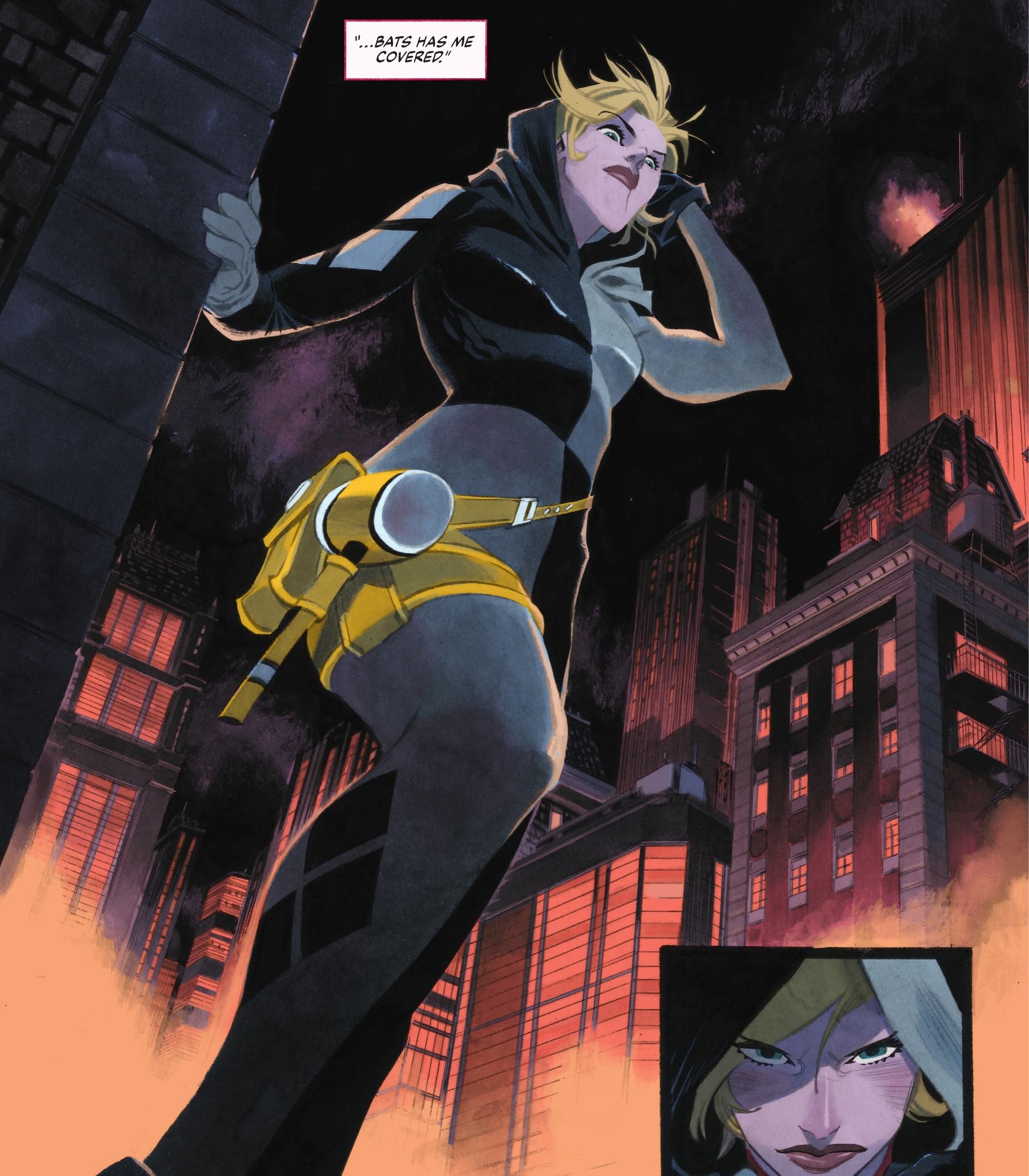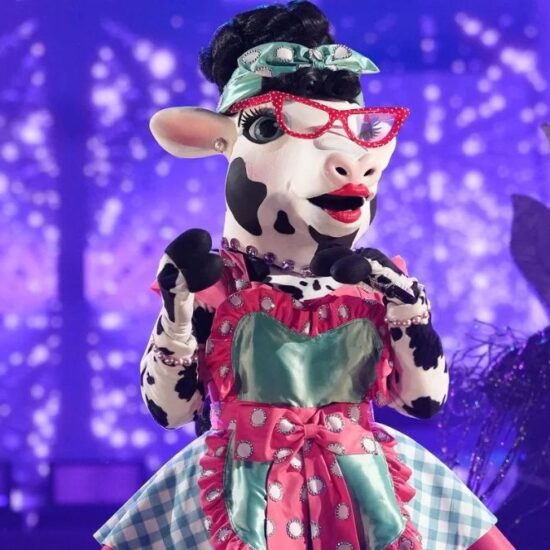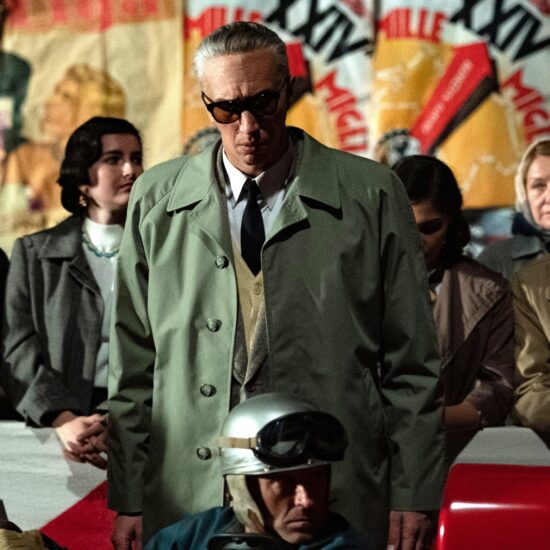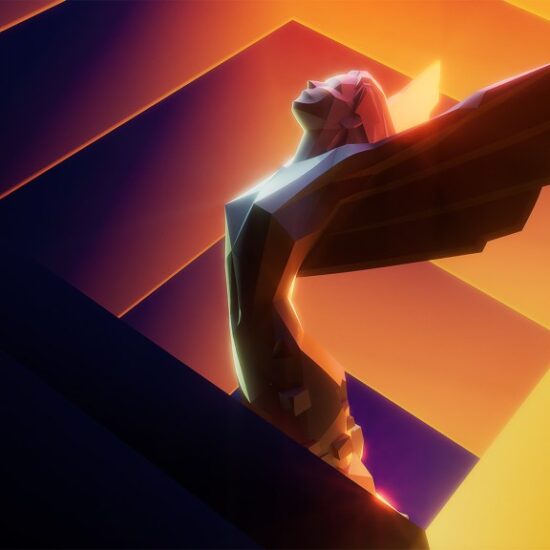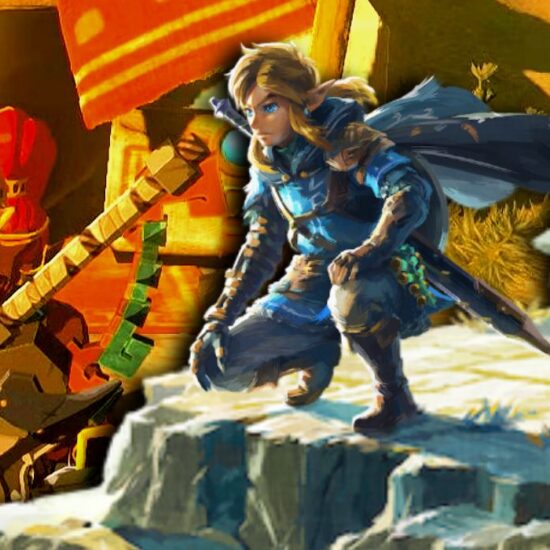
Summary
- Harley Quinn’s fashion evolution has been a reflection of her character development, with her original jester jumpsuit representing her early villainous days.
- As Harley’s independence grew, her outfits became more flexible, reflecting her dangerous nature in the Batman: Arkham video games and her own star status in the New 52 comics.
- Margot Robbie’s portrayal in Suicide Squad introduced a modern style for Harley, with the blonde pigtails, short shorts, and lettered choker becoming iconic looks for the character.
Since her introduction in Batman: The Animated Series – later moving to DC Comics – Harley Quinn has undergone an incredible evolution. Moving from being a sidekick to a villain in her own right to a burgeoning crime-fighter has been a long road, but all along the way, the former Dr. Harleen Quinzel has been fashionable.
Harley has moved from a traditional harlequin in a one-piece jumpsuit to a flexible, independent fashion icon. Over the years, her costume has changed to reflect her position, abilities, and personality in TV shows, feature films, and comics, as well as reflecting the society in which her stories are published. So, let’s take a look at Harley’s costumed history, as well as the changes to her character her outfits have signified along the way.
Harley Quinn’s Original Costume Was Perfect For Batman’s Animated Series
Every comic character has a beginning, but Harley’s was not in comics at all. Instead, she debuted as Joker’s sidekick in Batman: The Animated Series in 1992, in the episode “Joker’s Favor”. A year later, she made her comic debut in Batman Adventures #12. Her origin story was revealed in 1994, in The Batman Adventures: Mad Love. At this point, Harley was in her traditional and iconic court jester jumpsuit, complete with jester hood, black eye mask, and diamond accents. Many of her adventures in comics feature this same outfit or a variation on it.
This suit made up the predominant look for Harley as a character up until around 2011. It is used in Batman: Harley Quinn (1999) and other comics inspired by the animated series, including The Batman Adventures and Batman: The Adventures Continue. She also wore it in Harley Quinn (2000-2004) and Gotham Girls (2002). The jester jumpsuit is iconic and regularly makes comebacks. However, Harley is far too fashionable to follow the cartoon principle of having only one outfit.
Harley Quinn Got A Radical Update For The Batman: Arkham Video Games
2011 saw the birth of the Batman: Arkham video game series, beginning with Batman: Arkham City, which was adapted into a comic series written by Paul Dini with art by Carlos D’Anda. Harley underwent a design change that naturally carried over into the comics tied into the games. Her jester outfit was replaced with a black and red bodice and pants, reflecting Harley’s more dangerous nature. The jester hood was removed, revealing Harley’s blonde pigtails – a staple that future comics would keep.
In between these series was the release of Injustice: Gods Among Us, which received a 2013 mini-series written by Tom Taylor with art by Jheremy Raapack. It first puts Harley into a nurse outfit, but has her dyed pigtails in red and blue wraps. Further into the series her hair is in low pigtails, fully blonde with red bows, but she wears a black eye mask. Harley has a red tunic with shoulder spikes, paired with leggings and black fingerless gloves. Later her hair is split-dyed black and red and though she kept the bows, her tunic is red and purple with matching leggings. This variety of looks is significant, communicating the idea that Harley had adopted a recognizable aesthetic theme over any one fixed costume.
DC’s New 52 Gave Harley Quinn A Signature Color & Design Change
From 2013 until 2016, Harley Quinn by Jimmy Palmiotti and Amanda Conner revamped Harley’s look, reflecting her independence from Joker and allowing her to debut as her own star. They removed her jester hood, but kept her red and black signature color palette. They also changed her hair to cross-dyed pigtails in black and red. This series would later shift up Harley’s style in 2016 to keep the black and red outfits, while matching the hair coloration seen in the visually dominant cinematic iteration that followed. She went back to being blonde, but with pink and blue tipped pigtails. This era maintains the colorful pigtail variations, while providing Harley with a wide-ranging wardrobe.
Harley Quinn (2013) features an assortment of outfits for Harley apart from her standard wear. In #0, she reflects on having a comic book and goes through different settings and art styles – which come with a ton of outfits. Harley has a wild suit with ninja stars and an intense jester cap on one page then a blue and red corset with a ruff on another. Ultimately, the main look is a red and black leather top, matching shorts, long black and red socks, and a jacket. Adding in protective padding, with a helmet, a bell collar around her neck, and skates creates Harley’s roller derby outfit.
Throughout the series she has swimsuits, pajamas, and a fancy coat with a feathered bicorne to match the ensemble in her typical colors. This sense of variety highlights Harley’s unpredictability, breaking the mold of traditional limits and acknowledging her new role as DC’s equivalent to Deadpool; a character whose job is to continually subvert expectations.
Margot Robbie’s Harley Quinn Got A Modern Makeover For DCEU’s Suicide Squad
In 2016, Suicide Squad created a new default style for Harley Quinn in the comics, thanks to Margot Robbie’s portrayal. This style is defined by two blonde pigtails with pink and blue tips, a graphic top, short shorts (in variations of red, white, black, pink, and blue), and a lettered choker. A hybrid of this style is being used in the Harley Quinn animated series, as she rocks her dyed pigtails, with shorts, but in the more traditional black and red patterning with diamonds like Harley previously had.
Palmiotti and Conner maintained the style that was introduced at the end of Harley Quinn (2013-2016) throughout DC Rebirth’s Harley Quinn series. The look continued through the 2017 Frank Tieri run and the 2018 Sam Humphries run. Humphries began with a futuristic rock variation before going back to the traditional look, adding a jacket. Meanwhile, Birds of Prey (and the Fantabulous Emancipation of One Harley Quinn) and trailers for James Gunn’s The Suicide Squad show that Harley’s cinematic looks have caught up to the comic concept of her constant experimentation and reinvention, as well as giving Harley more agency as a character distinct from Joker.
Harley Quinn’s Wildest Makeovers Didn’t Last Long
Harley has appeared in several different comic series and DC projects outside her own titles. Within some of these, she has new or variant outfits separate from the previously mentioned costumes. A variant of Harley’s jester suit – complete with checkered gloves and a ruffled wrist cuff – was used in Ame-Comi III: Duela Dent. It was more revealing than the traditional suit and the jester hood doubled as a mask.
Another variant appeared in the 2017 series, Gotham City Garage, which revamped the looks of numerous classic DC characters. Matching the theme of the story, Harley appeared with leather pants, a jacket with one cut-off sleeve over a red crop top with black trim, a tattoo on her sternum, and a helmet. Her hair was kept relatively short and she wore white powder on her face, similar to the original makeup from her first appearance. Harley had a biker style and even a punk look – complete with mohawk – in 2016’s Harley Quinn #6. These variations were impermanent, but they still play into a growing sense of Harley’s style and the attitude her costume choices convey.
DC Super Hero Girls also has its own version of Harley, providing a child-friendly vibe. She still rocks blonde pigtails with blue and red streaks. Harley wears a button-up blouse with black sleeves that is checkered in black, red, and white. She has blue shorts and a black belt over red and black leggings. The outfit is complete with blue sneakers and a black eye mask. This look is only found in the DC Super Hero Girls show, games, and comics, but signals how fully the character has now transitioned into mainstream fame.
The Harley Quinn of the Future Gets A New Design
Recent events have seen Harley embrace even more varied costumes. Future State: Harley Quinn takes place during the Magistrate’s future takeover of Gotham. Harley is held captive by the Scarecrow in order to help catch bad guys. She has cotton-candy dyed hair that is cut very short apart from her bangs. She is frequently seen in an orange prison outfit, but she does have another outfit in red and black. She has a crop top with a yellow star and a pair of shorts over the standard pant style Harley wears, featuring card suits as decorative accents. She also sports a pair of goggles, a spiked choker, belts with pouches, and mismatched gloves.
Batman: White Knight Gave Harley Quinn Her Own Bat-Family Costume
The newest and most interesting outfit is the one Harley rocks in Batman: White Knight Presents: Harley Quinn #6 – written by Sean Murphy and Katana Collins. Harley’s back in a one-piece nearly identical to her original jester suit, but in black, grey, and yellow. This suit matches Batman’s color palette, reflecting her new role in this Black Label, alternate-universe story. Instead of having a jester’s hood, she has an attached standard hood. She has a loose utility belt and in honor of her pet, Lou, she wears his collar. Missing from her look is her standard pigtails, which this series has chosen to forego, replacing them with a shorter hairstyle than fans are used to seeing.
Harley Quinn has had numerous outfits over the years, but mainly three signature looks: traditional harlequin, New 52 change up, and the more casual Suicide Squad style outfit. New variations are still coming, and Harley’s more recent costumes suggest a trend for less chaotic designs as DC positions the character as a crime-fighting hero. Harley Quinn may change her outfits, and even her alliances, but her style is always playful and versatile, and has helped a once obscure character find a massive following of fans who can’t wait to see what she’ll do (and wear) next.







